Test Amit sep
Genetically Modified Crops: Benefits, Risks, and Future Implications

Genetically modified or genetically engineered crops are plants whose genetic material has been modified through genetic engineering techniques. These crops have become increasingly popular over the last few decades due to their potential to increase crop yields, reduce the use of pesticides and herbicides, and enhance nutritional content.
Benefits:
- These crops can resist pests and diseases. For example, many crops have been engineered to produce a toxin that is deadly to certain insects. This toxin is harmless to humans and other animals, but it can significantly reduce the need for pesticides and herbicides, which can harm the environment.
- Genetically modified crops are the ability to tolerate harsh environmental conditions, such as drought and extreme temperatures. The modified crops can be beneficial in regions where water is scarce or temperatures are too hot or too cold for traditional crops to growing.
- Genetically modified crops can also be designed to have improved nutritional content. For example, crops such as rice and wheat can be engineered to produce higher levels of essential vitamins and minerals, which can help to address deficiencies in populations that rely on these crops as a staple food.
Risks involving Genetically modified crops
There are concerns about their safety and long-term impact on the environment and human health.
- Some critics argue that genetically modified crops could negatively affect biodiversity, as they may outcompete and replace native plant species. In addition, some are concerned that genetically modified crops could have unintended consequences, such as developing new pests and diseases.
- In addition, there is a lack of consensus on the safety of genetically modified crops for human consumption. The researchers have suggested that consuming genetically modified foods may have adverse health effects, such as an increased risk of cancer or allergic reactions. However, other studies have found no evidence of undesirable health effects from consuming genetically modified foods.
Future implications
Many countries have established regulations and labeling requirements for genetically modified crops to address the concerns of modified crops.
- In India, the cultivation of genetically modified (GM) crops is regulated by the Ministry of Environment, Forest and Climate Change (MoEFCC). The regulatory framework for GM crops includes a system of approval, monitoring, and post-release surveillance to ensure that the cultivation of GM crops is safe for human health and the environment. India has only approved the cultivation of a few GM crops, including Bt cotton, Bt brinjal, and a GM mustard variety. Bt cotton has been commercially cultivated in India since 2002 and is the only GM crop widely grown in the country.
- In the United States, for example, the Food and Drug Administration (FDA) regulates genetically modified crops for human consumption, and the United States Department of Agriculture (USDA) oversees the environmental impact of these crops.
In conclusion, genetically modified crops have the potential to solve the world's most critical agricultural challenges, such as pest control, environmental sustainability, and food security. However, the long-term impact of these crops remains uncertain, and there is a need for ongoing research and regulation to ensure their safety and efficacy. As with any new technology, it is essential to balance the potential benefits and risks and make informed decisions based on the best available evidence.
How would you rate this Article ?
Press the number of stars to rate this Magazine.
5 Author Points.
Based on 6 Magazines written by this author.
5 Magazine Points.
Based on 1 Ratings.

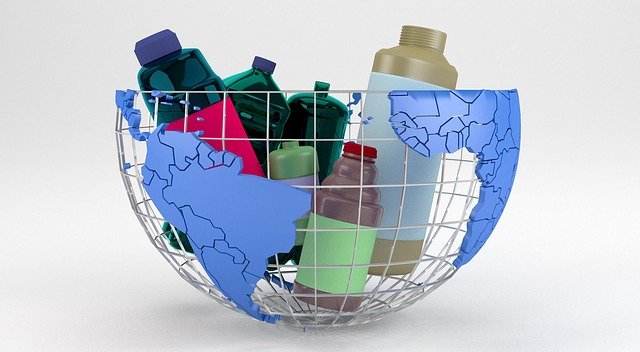
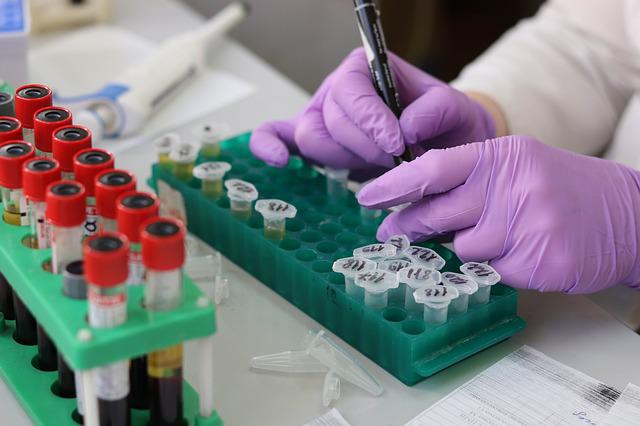

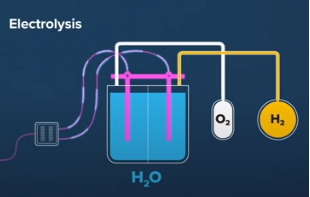
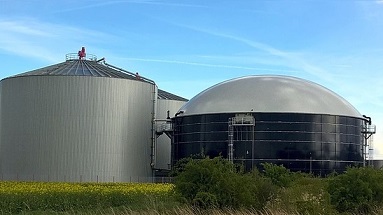














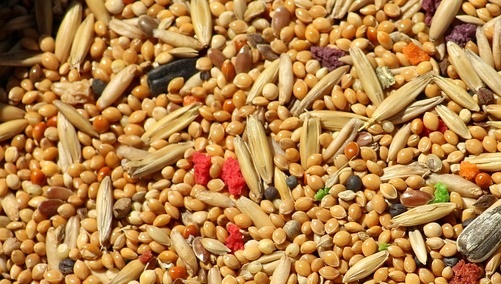














Please Sign In or Sign Up to leave a Comment.